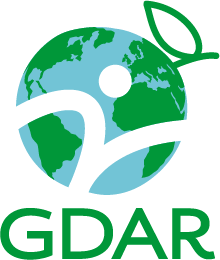This work package is conducting a study to validate a food environment audit tool to assess the food environment in and around selected high schools in low income settings in order to identify facilitators and barriers to affordable, healthy eating.
It is using “citizen science” approaches with adolescents and teachers at high schools in low income communities, as well as researcher-led data collection, we aim to capture both the objective and lived environments that influence diets.
Research objectives
- To adapt the existing food environment audit tool for urban Kenya and Jamaica contexts, including the use of participatory methods to co-design the tool
- To use citizen science methods to capture lived food environments (availability of sugary foods and beverages) in and around schools by adolescents and teachers, using the tool
- To compare lived environments captured by adolescent and teacher citizen scientists with objective researcher-led environment data
- To investigate association between food environments in and around schools and diet in adolescents and teachers
- To re-engage citizen science stakeholders in analysis of findings and identification of potential targets for intervention in the environment in and around schools to improve access to healthy foods and dietary behaviours
Methods
Research methods include:
- Citizen science approaches to capturing data on food environments in and around schools
- Focus group discussion
- Participatory co-design
People
Research leads / key contacts:
Study team:
- Marshall Tulloch-Reid, (UWI, Jamaica)
- Charles Lwanga (KEMRI, Kenya)
- Charles Obonyo (KEMRI, Kenya)
- Vincent Were (KEMRI, Kenya)
- Lou Foley (Cambridge, UK)
- Tolu Oni (Cambridge, UK)
